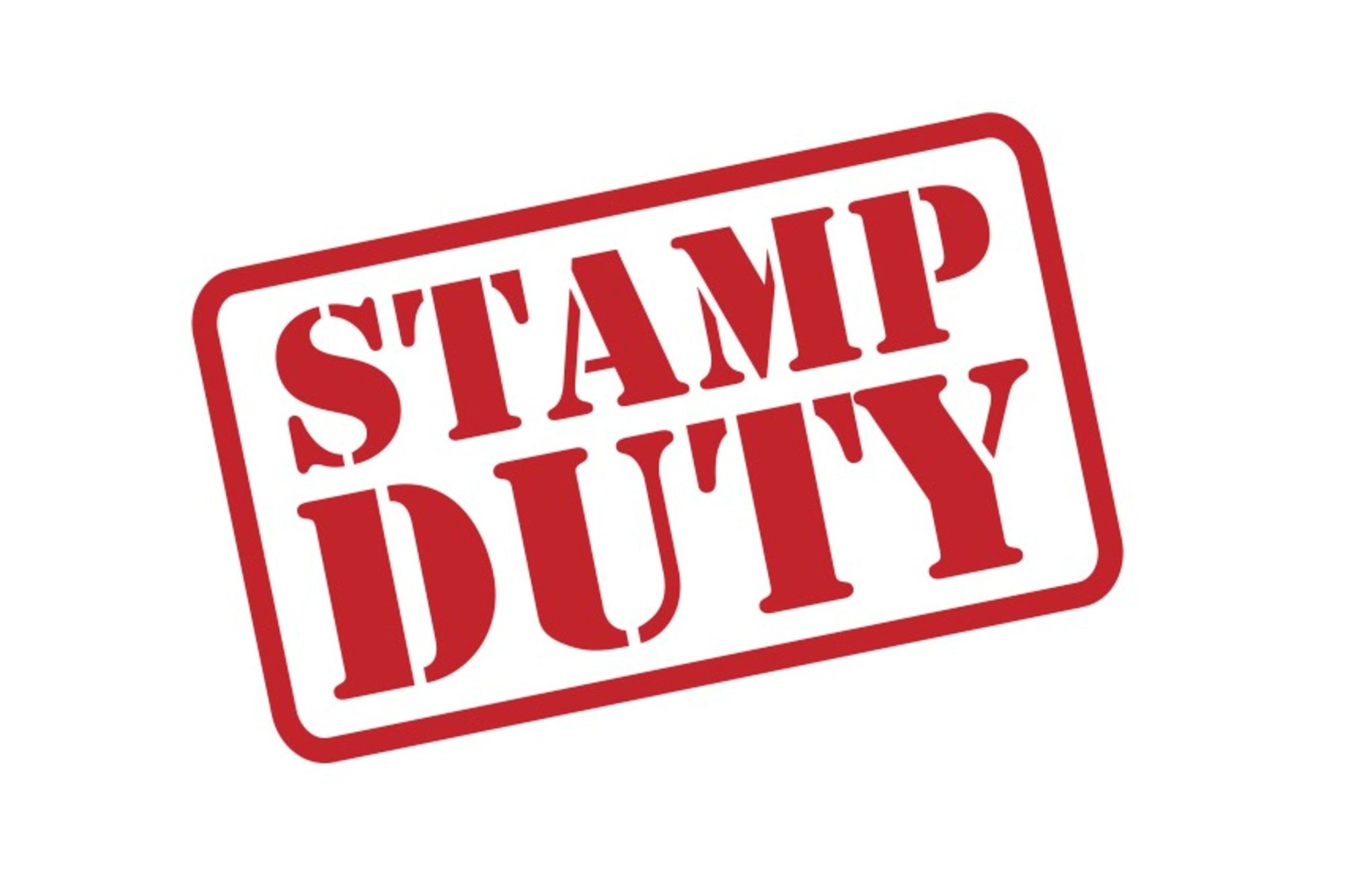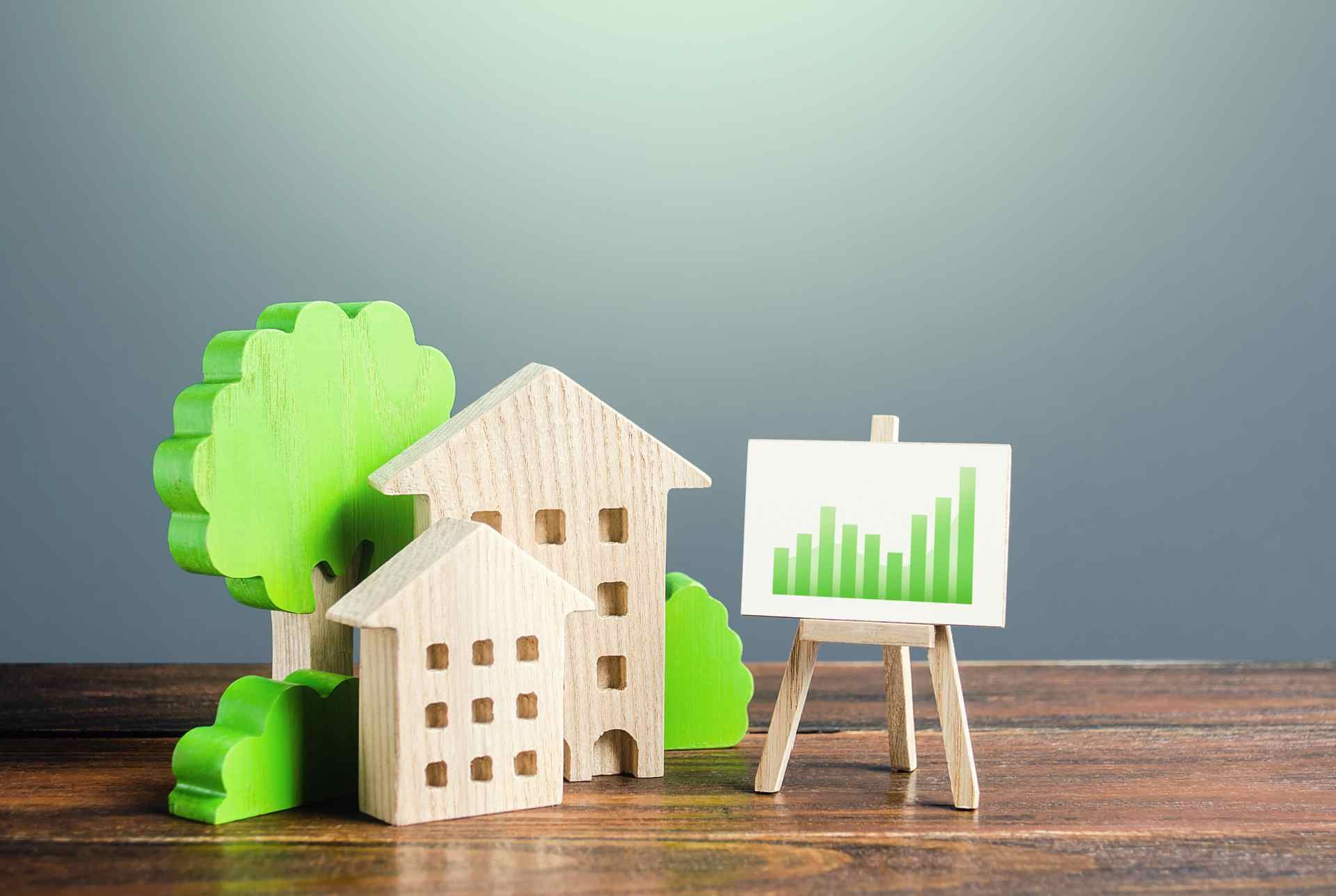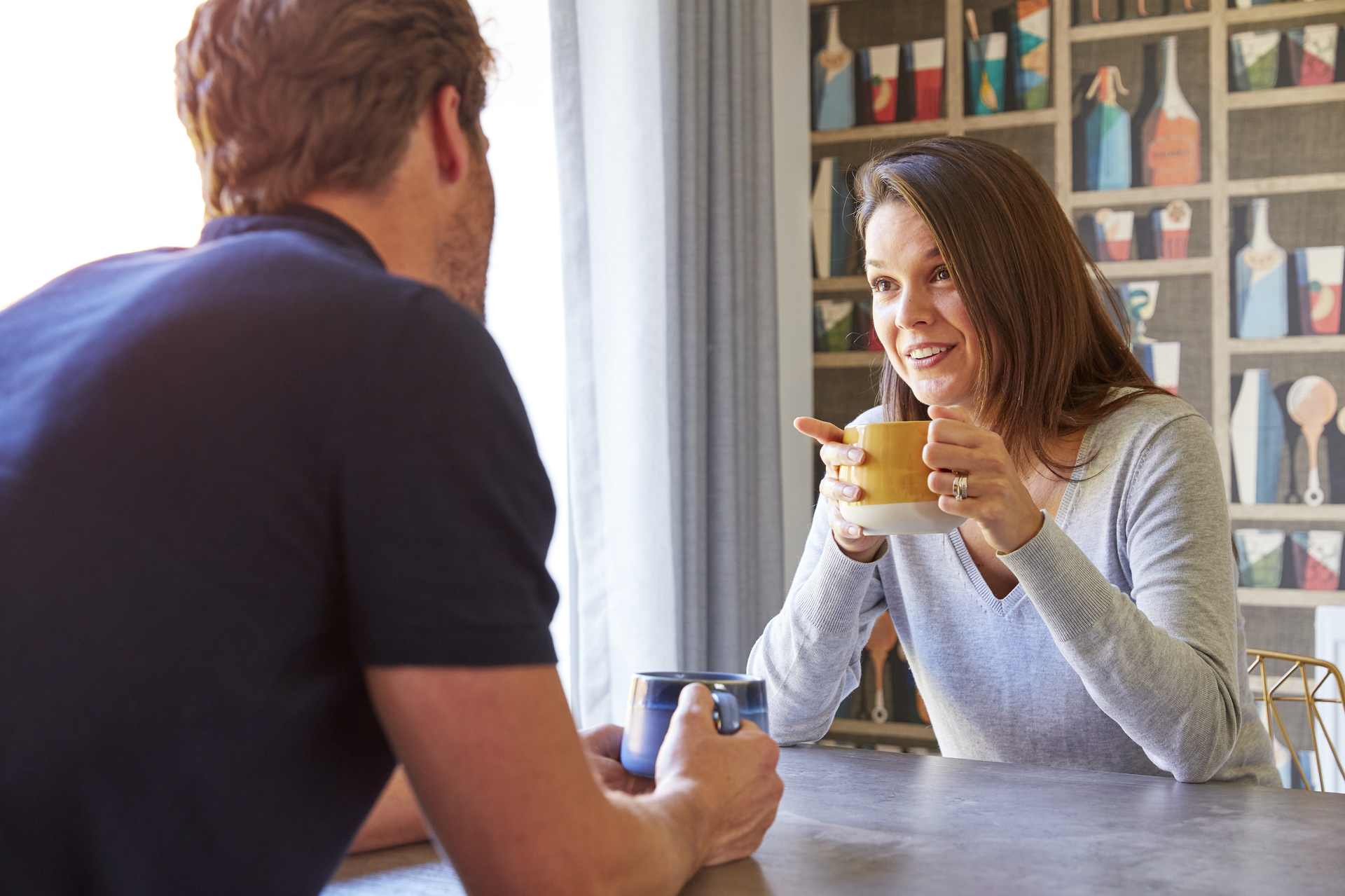Some of the costs involved in buying and moving are obvious and some are not. You’ll be paying for things at different times throughout your homebuying journey. To help you get your finances ready, here’s our guide to what type of costs you’ll pay, how much they might be and when you’ll pay them.
The cost of buying and moving

THE UPFRONT COSTS
Deposit
You’ll usually need a deposit of at least 20% of your new home’s value unless you’re buying with Help to Buy.
Stamp duty
Stamp duty is a government tax you have to pay when you’re buying a home. The amount you pay varies depending on whether you’re a first time buyer or have bought before, and the value of the home you’re buying. If the home you’re buying is below the stamp duty threshold, you won’t have to pay it.
Stamp duty ranges from 0% to 12% of the purchase price, depending on the value of the property bought, the purchase date and whether you are a multiple home owner. Anyone purchasing an ‘additional’ residential property will be charged a 3% surcharge on each of the threshold bands.
From 1 April 2021, a 2% surcharge was added to each of the rates below for buyers who are non-UK residents.
What are the stamp duty thresholds?
|
For the purchase of a main residence |
|
|
Purchase price bands (£) |
Rate (%) |
|
Up to £250,000 |
0% |
|
Between £250,001 and £925,000 |
5% |
|
Between £925,001 and £1.5 million |
10% |
|
Over £1.5 million |
12% |
|
|
|
|
For the purchase of ‘additional’ property |
|
|
Purchase price bands (£) |
Rate (%) |
|
Up to £250,000 |
3% |
|
Between £250,001 and £925,000 |
8% |
|
Between £925,001 and £1.5 million |
13% |
|
Over £1.5 million |
15% |
I’m a first time buyer, what does this mean for me?
First time buyers purchasing a property up to £625,000 are eligible for discounted stamp duty rates. To be eligible, you and anyone you are purchasing with must be first time buyers.
|
For the purchase of a main residence |
|
|
Purchase price bands (£) |
Rate (%) |
|
Up to £425,000 |
0% |
|
Between £425,001 and £625,000 |
5% |
If your property costs more than £625,000 in value, there will be no first-time buyer exemption and the standard rates will apply.
Solicitors fees
A solicitor works for you and will handle all your contracts, give legal advice, do local searches, deal with the Land Registry and take care of the money transfers. The amount they charge varies and will depend on whether you’re buying and selling or just buying. Expect to pay between £1,000 and £1,500, which includes costs like Land Registry and water authority search fees.
Surveyors fees
Your mortgage lender will ask you to have a survey done on your new home. There are three different levels of survey to choose from and can cost anything from £150 to £1,500. It’s your choice which one you go for.
A Valuation Survey gives the lender an independent confirmation of the properties value and ensures your home is worth what you’re planning to pay for it. A Homebuyer’s Report and Structural Survey are optional and not recommended, however, it is often decided by the lender or based on personal preference as to which surveys you choose to obtain.
Electronic transfer fee
Your mortgage lender may charge a fee to transfer your mortgage money to your solicitor. The amount can vary but is usually between £40 and £50.
Home insurance
Buildings insurance is one of your mortgage lender’s conditions which means it needs to be in place before you move in. You can buy your home insurance from whoever you like. And if you start comparing different buildings and contents covers early, you’ll have plenty of time to find the right level of cover for you at the right cost.
THE MOVING COSTS
Packing and storage
The cost of boxes and bubble wrap can add up and it’s worth budgeting a little extra for this. Especially if you’ll need to put any belongings into storage for a time.
Removals
You could save on costs here if you know any family or friends with a van. Otherwise, you’ll either need to hire a van yourself or hire a removal firm to move everything for you. Prices vary depending on how much you’re moving and who you go with, but you could pay between £100 and £1,000
THE ONGOING COSTS
Mortgage
You’ll make your first mortgage payment in the month after you get the mortgage. If you get your mortgage in July, your first payment will be in August. This first payment will usually be higher because it includes interest in the month you get your mortgage (July), as well as interest for the month you make your first payment (August).
Regular bills
As well as your mortgage payments, other regular costs include council tax, water, gas, electricity and insurance. If you haven’t paid any or all of these before, you’ll want to budget for these costs. And if you are used to paying these, the amounts may be more or less than you paid previously.
Decoration and furniture
A new sofa for family film nights, a serious work desk or a reading lamp for that spot of ‘you time’. There are lots of ways to live in your new home and just as many ways to fill it. Whatever your budget, think about what new furniture and decoration you might want to buy.
More Buying Guides

Stamp Duty Explained
The different rates of Stamp Duty and how much you have to pay explained.




The financial and legal side of things
A jargon-free guide to the financial and legal process.



The cost of buying and moving
Some of the costs involved in buying and moving are obvious and some are not.













